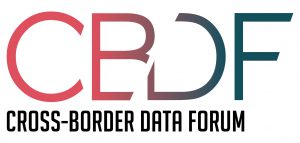- Posted on March 11, 2021
- BY DeBrae Kennedy-Mayo, Peter Swire and Michael Young
As part of the ongoing CBDF research project on data localization, this post examines a report issued in December, 2020 by the International Regulatory Strategy Group (IRSG) entitled, “How the Trend Towards Data Localization is Impacting the Financial Services Sector.” This report provides the most comprehensive analysis we have seen about the nature of data flows in the financial services sector. After reviewing global laws and regulations which limit or prevent cross-border data flows impacting the financial services sector, the [...]

